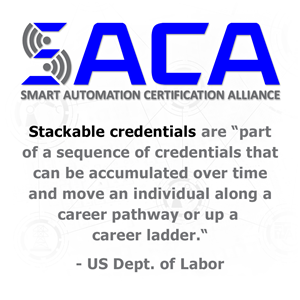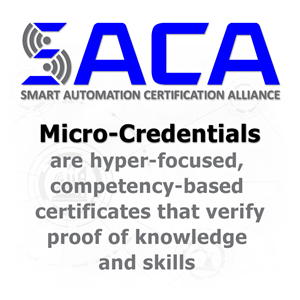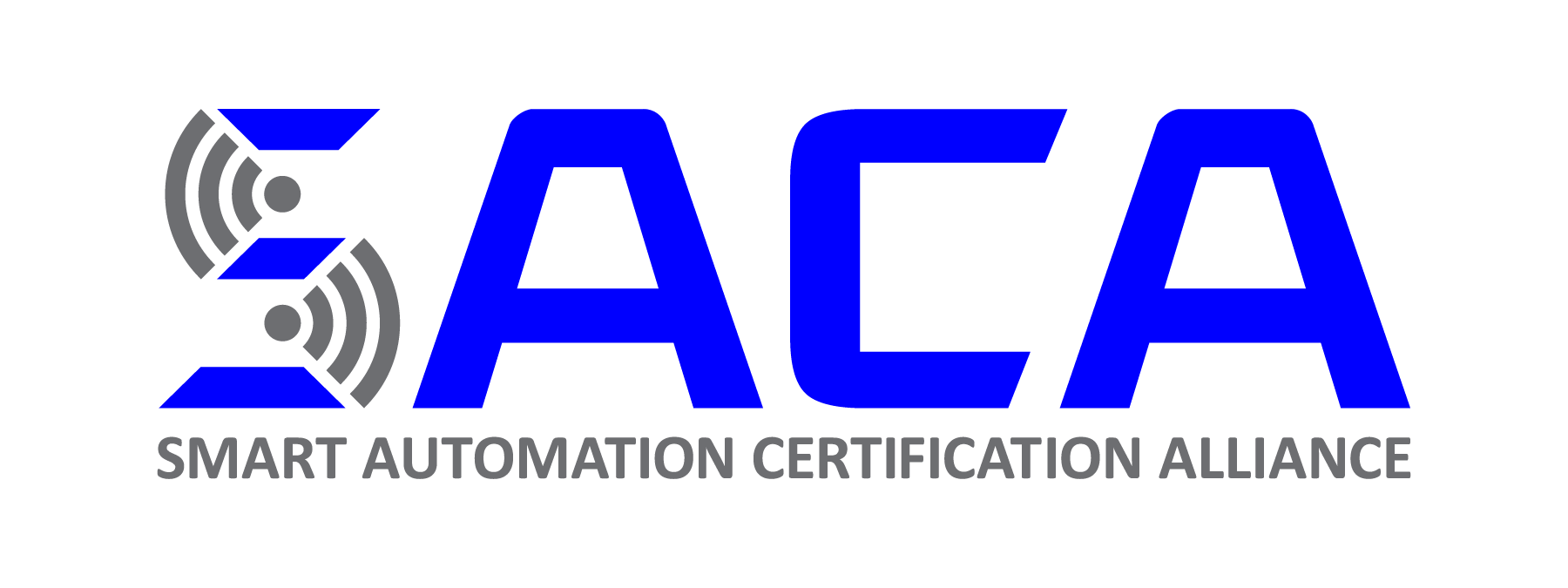
Everyone has taken courses from YouTube University. They encounter car repairs, home projects, or coding errors that they’re unable to fix with their current bank of knowledge, so they search YouTube for videos with intricate explanations and tutorials in order to learn solutions. This act is an informal version of what is referred to as “upskilling” – learning new skills in order to fill a personal knowledge gap in order to accomplish new tasks.
On the other hand, the world is full of people that are well versed in areas that aren’t their profession. Maybe you know an accountant that can repair anything on their car or a math teacher that can install a new electrical outlet in a house.
One thing that these two groups share: no one is going to find them when Google searching “mechanics near me” or “nearby electricians.” When people need a mechanic or an electrician, they want someone with credentials.
Attaining credentials usually involves multi-year degree programs or apprenticeships, which are great for people with no background in a subject. But what’s out there for people that already possess most of the knowledge and skills being taught in those programs? It’s a waste of time and money to send them back to square one because, “that’s how the program works.” And with technological development and adoption speeding up, areas like manufacturing and industry needs something that moves with the speed of change. Enter Micro-Credentials.

What are Micro-Credentials?
Micro-credentials are hyper-focused, competency-based certificates that verify proof of knowledge and skills. These certificates are meant to supplement degrees and advanced training, not replace them. Basically, micro-credentials do not measure how long you study or how many courses you take; they measure your understanding of a topic and your ability to demonstrate your skill-based competency of the subject. Micro-credentials are also modular, so people can use them to focus on improving skill weaknesses and prove their competency without having to rehash areas that they already know.
What are Stackable Micro-Credentials?
Speaking of modularity, another feature of micro-credentials is that they’re stackable, which is perfect for people in many scenarios. So what’s a stackable credential? As defined by the U.S. Department of Labor, stackable credentials are “part of a sequence of credentials that can be accumulated over time and move an individual along a career pathway or up a career ladder.” So for someone looking to move up the ladder, they can immediately attain credentials for areas where they are already proficient and then continue to add on new credentials as they learn new skills, which will show management a documented interest in continuing education and a commitment to professional growth.
These stackable credentials are also helpful for someone looking to find a new job in the field. They might have years of experience but nothing to verify to a new employer that they are indeed skilled in different areas and disciples. Micro-credentials offer a streamlined way to document someone’s skills without having to start over in a multi-year degree program. Micro-credentials give you immediate credit for things that you already know how to do!
In a third scenario, someone might be downsized from a fading industry and want a fresh start in a new business sector. Micro-credentials provide bite-size documentation of proficiency as this individual builds new skills. If this person wants to enter the manufacturing industry, they could take a handful of foundational courses at a local community college in areas like basic mechanical, basic fluid power, and basic electrical, and then earn corresponding micro-credentials, which would probably be enough to gain an entry-level position. Then the person can continue earning more advanced micro-credentials while they work and learn new skills or take more classes. Eventually, these micro-credentials would stack into an industrial certification that would demonstrate the person’s skill and knowledge to current and future employers across multiple industrial disciplines.
Why are Micro-Credentials Becoming Popular in Manufacturing?
As stated, micro-credentials are important for providing proof of knowledge among any workforce but they are vitally important within the world of manufacturing at the moment because manufacturing is undergoing a new industrial revolution, commonly referred to as Industry 4.0, the Industrial Internet of Things, or Smart Factory. Industry 4.0 takes traditional industrial applications and connects them using wireless internet to produce constant feedback on a variety of metrics including process efficiency, equipment downtime, predictive maintenance tasks, and more!
Employees with years of experience in manufacturing understand the basic technologies, but Industry 4.0 is introducing new technologies and applications that are beyond their scope of knowledge. It doesn’t make sense to start this group over in a bloated training program that begins with basic electrical, mechanical, or fluid power skills. Nor will it make sense for a business to stand still with a workforce that’s not keeping up with new technology as it’s adopted. This is where micro-credentials and SACA can help.
SACA: Certifying the Workforce for Industry 4.0

The Smart Automation Certification Alliance (SACA) is the answer for both education and industry to prove that the manufacturing workforce possesses the necessary skills to be successful in an Industry 4.0 environment. SACA certifications are industry-driven, developed through a rigorous process that begins with truly international skill standards and is endorsed by leading experts in Industry 4.0 technologies throughout the world. SACA’s Smart Automation certifications use a modular structure – including micro-credentials – to enable them to fit a wide range of individual needs, industries, and educational environments. SACA micro-credentials verify that an individual possesses basic industrial skills such as electrical, mechanical, fluid power, rigging, and welding all the way through advanced robot system integration, Industry 4.0 data analytics, and network security.
The world of manufacturing is changing. Gone are the days of dirty, dingy factories. The new shop floor is full of robots, smart components, wireless networks, and Big Data. SACA is the answer to ensuring that the workforce of tomorrow understands these new advances – as well as the basics of industry – and can demonstrate their competency in real-world industrial environments.





